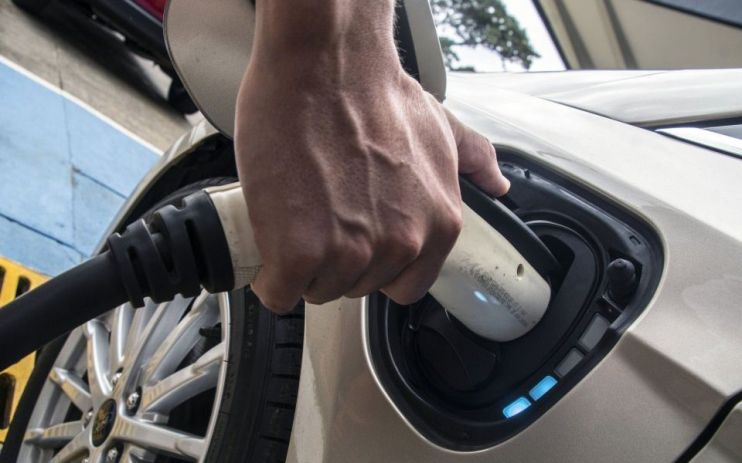Banks call for incentives to stabilise used electric vehicle market

Banks are calling for more incentives to boost the used electric vehicle (EV) market, as the higher cost of new green vehicles stifles uptake.
The expensive cost of buying an EV has been one the most significant barriers in holding back wider adoption, ahead of a looming 2030 ban on the sale of new petrol and diesel vehicles.
The price of the average new electric model currently sits at around 37 per cent more than combustion engine counterparts.
And buyer interest in new EVs has fallen nearly two thirds since the pandemic, according to research from Auto Trader, due to a combination of inflation and rising energy costs.
“Cost is perhaps the most overbearing factor stifling electric vehicle (EV) uptake, especially during the cost-of-living crisis,” Lisa Watson, director of sales at the motor finance division of Close Brothers bank, told City A.M.
“With very few affordable EV options currently on the market, the reintroduction of incentives such as the £5,000 government grant would help to bring some models on par” with their gas guzzling alternatives, she added.
That wider uptake would flood the used market, providing a “much-needed influx of second-hand stock,” thereby stabilising prices and making EVs “more accessible for buyers.”
Trends have been positive in recent months. Used battery electric vehicle (BEV) prices dropped 28 per cent year-on-year from the unsustainble peaks reached during the pandemic, coinciding with a jump in used BEV sales of well over two thirds.
But lenders, who are now increasingly ready to finance second hand EVs, are pushing for more.
“Demand for second-hand BEVs must increase significantly if the UK is to make real inroads into decarbonising our highways,” Richard Jones, managing director of Motonovo Finance at Aldermore Bank, told City A.M.
Government incentives, including tax breaks and salary sacrifice schemes have helped BEVs reach one in five of all new car sales.
Jones argues a similar approach would be needed to encourage used BEV adoption, estimating the introduction of incentives for second hand BEVs would help lift sales from their current “sub two per cent market share,” giving green-minded buyers the ability to make the shift.
“We need a fairer distribution of incentives to support used car BEV buyers,” he said. “Too much of the support today for brand new BEVs is ending up helping those who earn the most, and who need support the least.”
An unstable used market will ultimately cause trouble throughout the chain and experts argue a targeted incentive scheme will be essential to supporting prospective buyers and keeping the sectors’ net zero goals in sight.
Commenting on the now falling price of used EVs, Ben Nelmes, who heads up the EV research group New Automotive, warned volatile second hand prices risk “pulling the rug out from underneath drivers trying to finance a new electric car.”
Any incentive scheme should therefore “be carefully targeted at households who are the most dependent on their vehicles,” he said, to maximise the benefit for business, motorists and the environment.